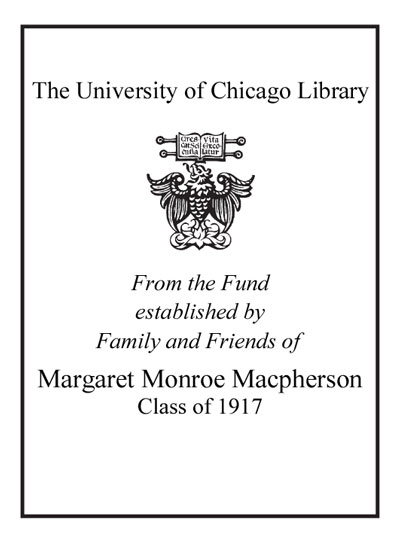| Summary: | "In 2009, when the first edition of this book was put to bed, the challenges in Central and Southeastern Europe looked formidable enough. The old order had collapsed across the region in the course of the years 1989-91, although the War of Yugoslav Succession (1991-95), the War for Kosovo (1998-99), and the Albanian Insurrection in Macedonia (2001) created additional complications for the Yugoslav successor states. But, as of 2009, the consensus among those watching the region was that Poland, Hungary, the Czech Republic, Slovakia, and Slovenia at least seemed to be heading in the direction of liberal democracy, in spite of some bumps on the road in the cases of Slovakia and Slovenia and, in some quarters, also a cautious optimism that the entire region would, over time, accept European Union (EU) standards, deal effectively with corruption, and establish traditions of free and fair elections. But throughout the region, there were problems with corruption, subverting political processes, diverting public funds into private pockets, and corrupting the privatization process. Religiously inspired intolerance of gays and lesbians was, and has continued to be, a problem, especially in Southeastern Europe. But in 2004, the EU admitted 10 new members--among them, the Czech Republic, Hungary, Poland, Slovakia, and Slovenia. Romania and Bulgaria were admitted to the EU in 2007 (followed by Croatia in 2013)"--
|
|---|

